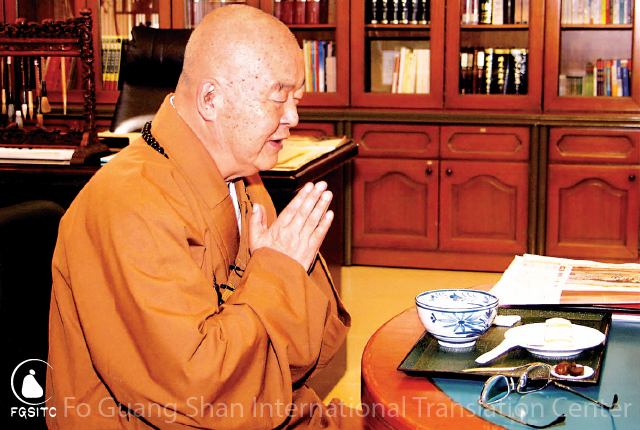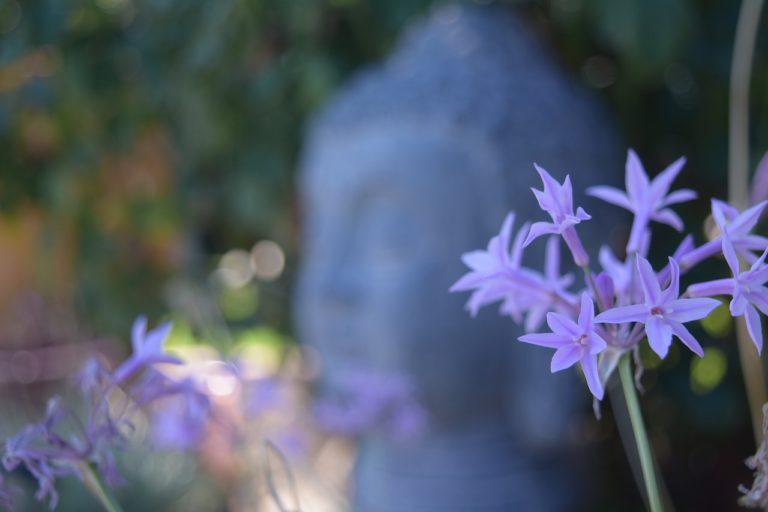
Throughout history, there have been great men and women who have forgiven their enemies because they have understood and appreciated the beauty of magnanimity. It is out of generosity and kindness that they have chosen forgiveness over resentment.
Therefore, we cannot criticize them as being ignorant of the differences between right and wrong or good and evil. Instead, we should strive to be more like them by releasing our hatred and replacing it with compassion.
During World War II, Japanese soldiers mercilessly murdered the people of Nanjing during the now infamous Nanking Massacre. Although fifty years have passed, many Chinese people still harbor some form of hostility toward the Japanese people because of their unwillingness to offer a formal apology. The World War II exhibits at the Museum of Tolerance in Los Angeles, California offer a cruel reminder of how one man’s hatred can lead to the loss of six million lives. It is an undeniable fact that hatred has been the main source of unresolved conflicts and war throughout the world, past and present. If an ounce of forgiveness can be found anytime or anywhere, it would be possible for peace to replace animosity in the course of human history; for magnanimity can melt the coldness of hatred like the spring sun can melt the winter snow.
However, few people in the world today are willing to practice the art of forgiveness in appreciation of the beauty of magnanimity. Instead, they choose to take their anger out on innocent victims or severely punish those who have wronged them. If a parent cannot forgive a child’s wrongdoing, how can there be love in the family? If a teacher cannot react properly to a student’s mistake, how can there be respect in the classroom? If a judge cannot decide a case justly and swiftly, how can there be faith in the legal system? If a policeman cannot be fair and honest, how can there be trust in the police force? How then can we dissolve hatred and animosity?
It is only through loving-kindness and compassion that we can find room in our hearts to forgive others. It is only through our willingness to let go of resentment that we can find a way to magnanimity.
Words alone will not bring about change. It is only with hearts that are both tolerant and forbearing that we can inspire others to follow our lead and realize the beauty of forgiveness.
In order for a person to rectify his mistakes and to turn his life around, he must be given a second chance. Without the pardon of the law and the people, all is useless. Only when we are willing to accept his apology and forgive his wrongdoing, can we truthfully steer him in the right direction and give him a new lease on life. Therefore, in being magnanimous, we not only bring benefits to others, we also benefit ourselves.
“Those who cannot forbear in small matters will spoil great undertakings” is an old saying that we should take to heart. In order for society to have peace and harmony, each and every one of us must practice the virtue of forbearance and learn to appreciate the beauty of magnanimity.
We must not harbor any grudges toward others; we must not turn every situation into a court case. If we can have a heart of forgiveness for our families and friends, our employers and employees, and our government and society, the world will be a wonderful place to live in, a place of goodness and kindness.
Although the decision “to forgive and forget” can occur in just a thought, it has enormous power to transform the negative into the positive.
By being magnanimous, we can turn violence into peace, hostility into friendship, and disagreement into accord. However, we must put forth all our efforts into cultivating the virtue of magnanimity and inspiring others to do the same. Otherwise, the ideal world of genuine affection and affinity will never be realized.
From All in a Thought, written by Venerable Master Hsing Yun.
Image from Pixabay.












